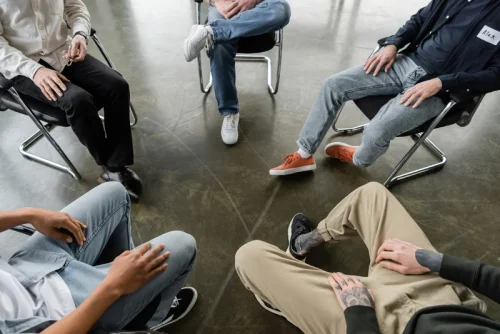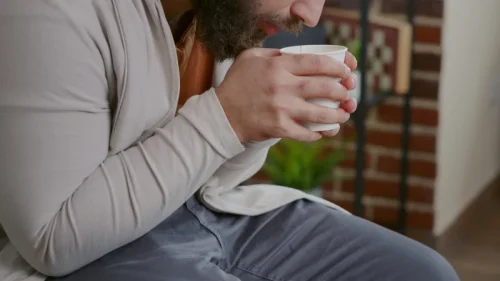
By participating in group therapies and activities in residential, intensive outpatient, or aftercare settings, people can find essential support for their recovery journey. A common drug addiction recovery technique is the use of group facilitation. Research has shown that people with substance use disorders (SUDs) addiction group activities can help each other in recovery. In the realm of group therapy activities, having the right resources can make all the difference. Here are some hand-selected tools and materials that my therapist friends found to be particularly effective in facilitating meaningful and productive group therapy sessions.
Practice Forms and Assessments

Engaging in volunteer or community service projects as a group can play a pivotal role in preventing relapse. Participants can boost their self-esteem and create positive connections. This motivation and focus on achievement as a team act as positive reinforcements, reducing the risk of relapse by redirecting energy toward purposeful pursuits. A list of the resources & tools that can help you have a happier, more fulfilling life.
- A common drug addiction recovery technique is the use of group facilitation.
- Create a coping cheat sheet summary card that group members can keep with them between sessions.
- These creative outlets can also serve as healthy coping mechanisms to practice outside of the group setting, helping people manage stress and creatively process their feelings.
Fun Group Therapy Activities for Teens

Group meditation can also bring challenges, such as navigating distractions from others, such as coughing, sneezing, or sounds from shifting in their seat. Creative https://ecosoberhouse.com/ arts may be used in a group setting as an alternative therapy. Creativity has been proven to have positive clinical effects, especially on mental health disorders.
- This can be a wonderful activity to use to start a group because it allows members’ active participation in accomplishing objectives and the healing process.
- They can also discuss any recent challenges or successes related to their recovery journey.
- The member sitting next to them will come up with a positive replacement thought.
- Individual therapy provides clients with one-on-one time with a trained Counselor which can feel less overwhelming and more personal than a group setting.
- This type of group activity allows individuals to try out responses and actions they will take during a specific situation and practice out loud.
What is group therapy used for?
This is often one of the most difficult aspects of group structure and development. A group leader must evaluate either subjectively or objectively (or both) how the group members have progressed and whether goals have been met (Levine, 2011). It helps clients notice their strengths, past successes, and ability to grow and overcome challenges. This worksheet on radical acceptance can be completed individually inside or outside of a group session.
- Recognizing addiction as a chronic condition akin to other enduring health issues is essential.
- If you’re looking for more science-based ways to help others enhance their wellbeing, check out this signature collection of 17 validated positive psychology tools for practitioners.
- In the realm of group therapy activities, having the right resources can make all the difference.
- Relapse does not indicate a lack of effort or dedication; rather, it underscores addiction’s chronic and challenging nature.
- This activity is based on Cognitive-Behavioral Therapy (CBT), behavioral activation, and goal setting.
Solution-Focused Brief Therapy Worksheets Bundle
How to Get Your Life Back on Track After Getting a DUI
- For group members who are new to recovery, group sessions can provide valuable education about addiction and recovery.
- CBT skills group is a course that teaches mindfulness, your emotions, and the interconnection of thoughts, feelings, and behaviors.
- Therefore, upon completing an addiction treatment program, involving yourself in group therapy activities for adults in recovery is crucial to maintaining long-term sobriety.
- It can boost your sense of well-being and help you cope with drug cravings and other recovery-related challenges.
- Mindful body scans are a great, simple practice for coming back into awareness of the body.
Download 3 Free Positive Psychology Exercises (PDF)
